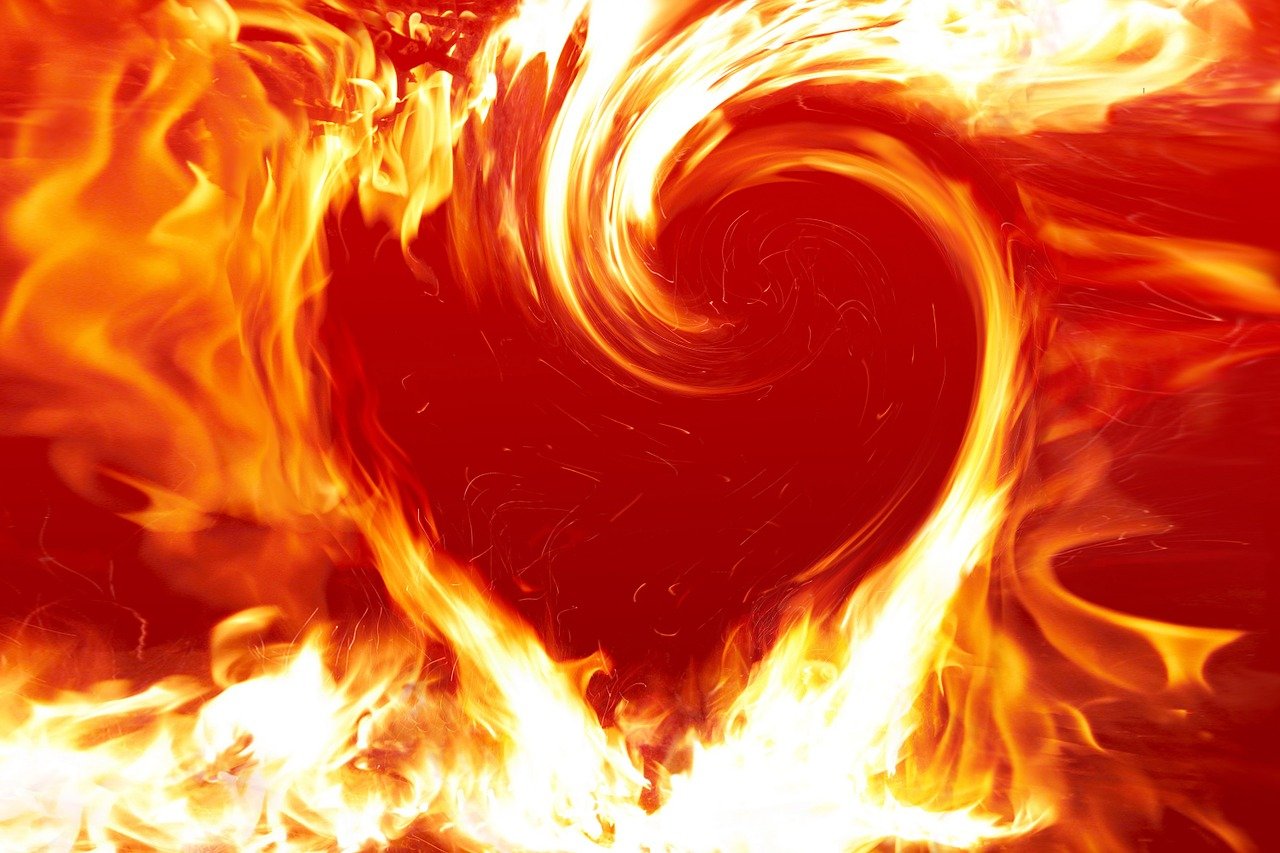
Image: Pixabay/RedHeadsRule
A few weeks ago, Sr. Joan Sauro, a dear friend and columnist for Global Sisters Report, sent me a string of documents by mistake while trying to attach a column. Joan was mortified, but I was delighted because among the many pieces she had written in one long document titled "Scraps," I found the most profound and beautiful poem I had read in a long time. I do not think it is a coincidence that I came upon it. Her poem was a response to my prayer.
It is now Pentecost, the end of Easter, or its culmination if you prefer.
The wind in the trees is the breath of God. Tongues of fire hover over our heads.
What do we do when we know we're fire — torch everything we touch?
Keep moving so we set small fires and no large conflagration?
Take our spirits to an arctic place where we will do less damage and maybe some good?
Do we make ourselves into blowtorches — fine, steady, undeviating flames to solder together the broken pieces of our world? I have dear friends who do just that, day in and day out.
Or do we just bank the coals and pray God we go down in the night with the whole bundle of matches struck at once, illuminating the darkness, if only for an instant?
We are a people with tongues of fire over our heads. What do we do when we know we are fire?
And it is precisely the gospel which calls us to testify on God's behalf, because we have received the Spirit of truth and "tongues of fire" hover over our heads.
I have recently been questioning God deeply about things that seem beyond what I can understand or even control. I, too, have felt like I am capable of torching everything I touch. What do I do when I know I'm fire?
The first reading for the Feast of Pentecost says that the Spirit will be poured upon all flesh, and because of that, we all carry within us a flame within our hearts, which encourages us, challenges us, and at times, pushes us where we don't want to go. It is the fire of the Holy Spirit. "Tongues of fire hover over our heads."
This fire, "poured upon all flesh," enables us to prophesy, dream dreams, and see visions. And this gift is not reserved for a few chosen ones, but it isn't a gift that is easy either. Often, prophets, visionaries and dreamers are treated with contempt.
So, what do we do with that flame? Do we keep setting small fires rather than risk a large wildfire as Sauro suggests? I find that, in some ways, that large wildfire is already ablaze.
One only has to look at the number of armed conflicts around the world. Currently, we are experiencing the highest number of violent conflicts since 1945, as World War II drew to a close. There are around 110 active armed conflicts around the world, not to mention the many insecure Latin American governments that are on the verge of collapse.
Governments, however, are not the only ones experiencing conflict; our church is also going through it. There is an immense rise in conservative theology, music and practices that attract some and alienate others.
Advertisement
But I find much comfort in Joan's metaphor of making ourselves "into blowtorches … to solder together the broken pieces of our world." God knows that today we have an enormous need for prophecy and vision.
And it is precisely the gospel which calls us to testify on God's behalf, because we have received the Spirit of truth and "tongues of fire" hover over our heads. So, there is no need to fear the fire we each carry within. That fire must be embraced and shared. Let us continue to use our fire to light the way for each other and the world.
Thank you so much, dear Joan, for helping me remember and be grateful for the fire within me!
Governments, however, are not the only ones experiencing conflict; our church is also going through it.







